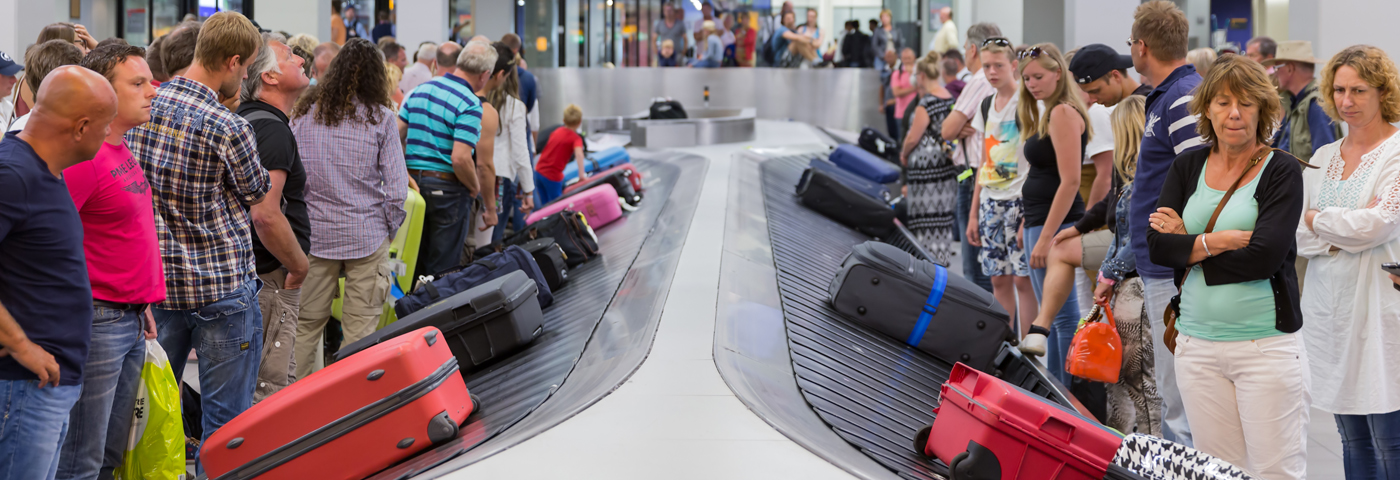The overtourism issue has a great deal in common with the issue of climate change. We’ve known for a long time that the problem of overcrowding exists and that no destination can accommodate limitless numbers of visitors. This is surely a statement of the obvious. But still, the industry pushes for more accommodation, flights, and visitor numbers. That is the way the performance of tourist boards and ministers is judged. It is the wrong metric.
Overtourism describes destinations where hosts or guests, locals or visitors, feel that there are too many visitors and that the quality of life in the area or the quality of the experience has deteriorated unacceptably. It is the opposite of Responsible Tourism which is about using tourism to make better places for people to live in and better places to visit. Often both visitors and guests experience the deterioration concurrently and rebel against it.
Overtourism was first used as a hashtag on Twitter in August 2012. In the academic literature, it was first used in 2008 in a paper about the perils of overfishing and overtourism – both examples of managing open access resources where individuals and businesses continue to secure benefits at the expense of the resource. Individual benefit collective loss.
We are slowly moving beyond denial, but we are still using euphemisms like ‘managing success’ and ‘coping with success.’ There’s been much more coverage of the issue in the local press and in the national mainstream media than there has been in the industry papers. Greg Dickinson argued in The Telegraph that overtourism should be the word of the year.
I have written here previously about the issue. The Wall Street Journal has described tourism as “generating a global backlash”. If you have not yet seen Crowded Out make time to watch it.
I spoke on a panel at Countryfile Live on overtourism just last week. The show, linked to the UK’s most popular weekly factual TV programme, attracts up to 35,000 people a day. When the show attendance reaches 35,000, they close the gates. 35,000 people have a quality day out, all their litter and sewage is removed, the visitors pay for the site to be managed and restored. Contrast that with experience of Woodstock just down the road from Blenheim where Countryfile Live takes place each year – the residents suffer overcrowding, and their tax has to pay to clean up after the largely unwanted visitors. Most residents don’t benefit from the tourists who crowd them.
Last year at WTM London, the UNWTO’s Ministers’ Summit addressed overtourism, and we’ve addressed the issue for several years in the Brackenbury interview on the Monday. This year we hope to have Barcelona, London, New York and Paris on the panel. Barcelona has been tackling the issue for longer than any other city, and they have tried many different management strategies. On Tuesday afternoon, Barcelona will be sharing with us the various strategies they have used and reflecting on which strategies have been most effective.
Kotler first coined the concept of demarketing in 1971 as a policy option and management tool in the marketing mix. There have been demarketing initiatives at heritage properties like Sissinghurst to reduce overcrowding, and demarketing has been used in both Napa Valley and Cyprus. However, the problem is that the honeypots have become must-sees and that so many want their selfie.
The challenge is not limited to cities; the issues arise in national parks as well. The 14th International Conference on Responsible Tourism in destinations takes place in Plymouth in September asking the question have out national parks been Loved to Death?
The problem is being more widely recognised – but what are the solutions and who will pay the price? I’ll write more on this soon.
More on The Challenge of Overtourism



I think any solution has to be born out of strong and bold decision making by both governments, tourist boards and tourism companies. The honeypot effect is definitely a problem, but those within the tourism industry need to make the effort to educate tourists about the problems and offer good alternatives – not to just go after the money. In September 2017 we took a company decision to pull out of Iceland (see here for reasons why: https://www.thestc.co.uk/blog/why-we-have-decided-to-stop-selling-school-trips-to-iceland/). We’re also now starting to have serious conversations about not including the likes of Machu Picchu, Halong Bay and other tourism hotspots on our school expeditions. Without clear leadership from local authorities (and potentially national governments as well), there will be no overriding policies to manage the overtourism at a local level. Personally, I think some places (like Barcelona, for instance) will take years, maybe even generations to solve the problem, but newly growing and more off the beaten track destinations need to start planning now. Educating tourism boards and those in authority about how to develop tourism in a sustainable way is crucial to success.